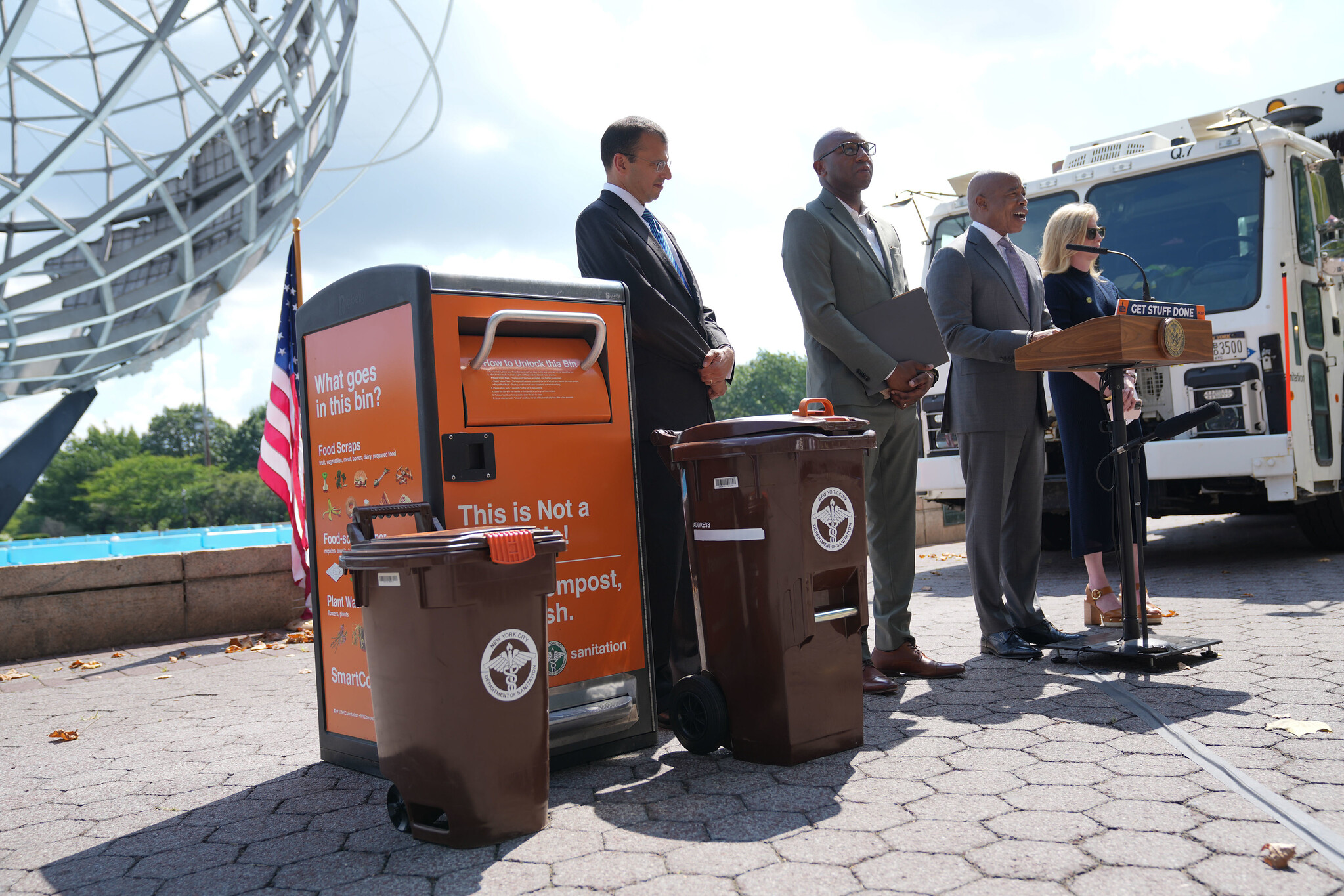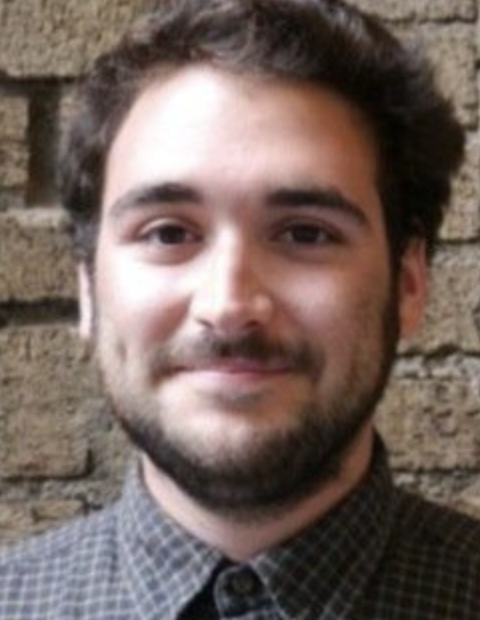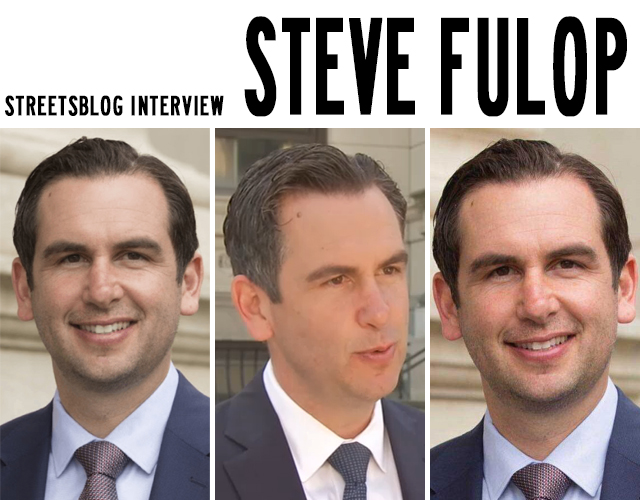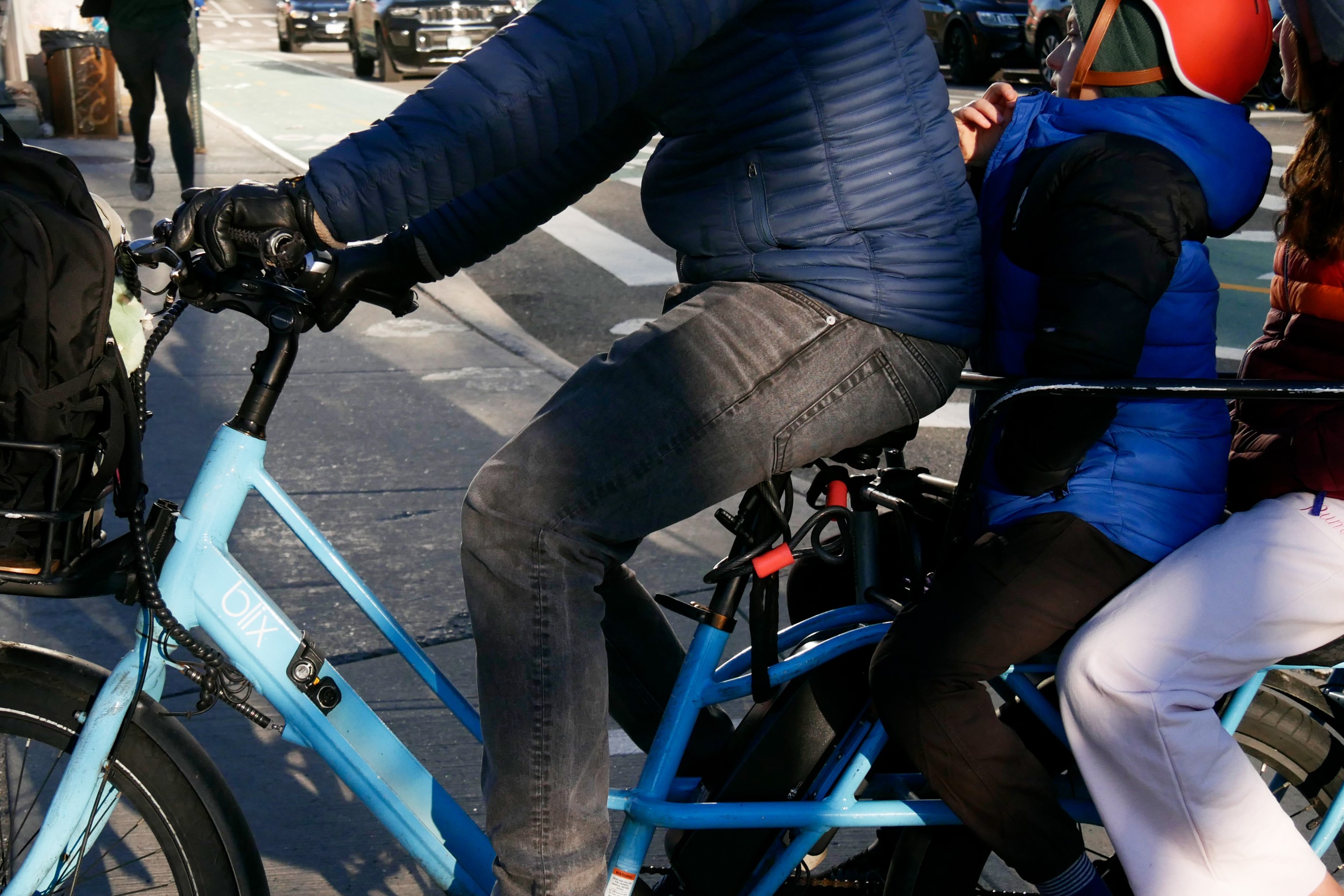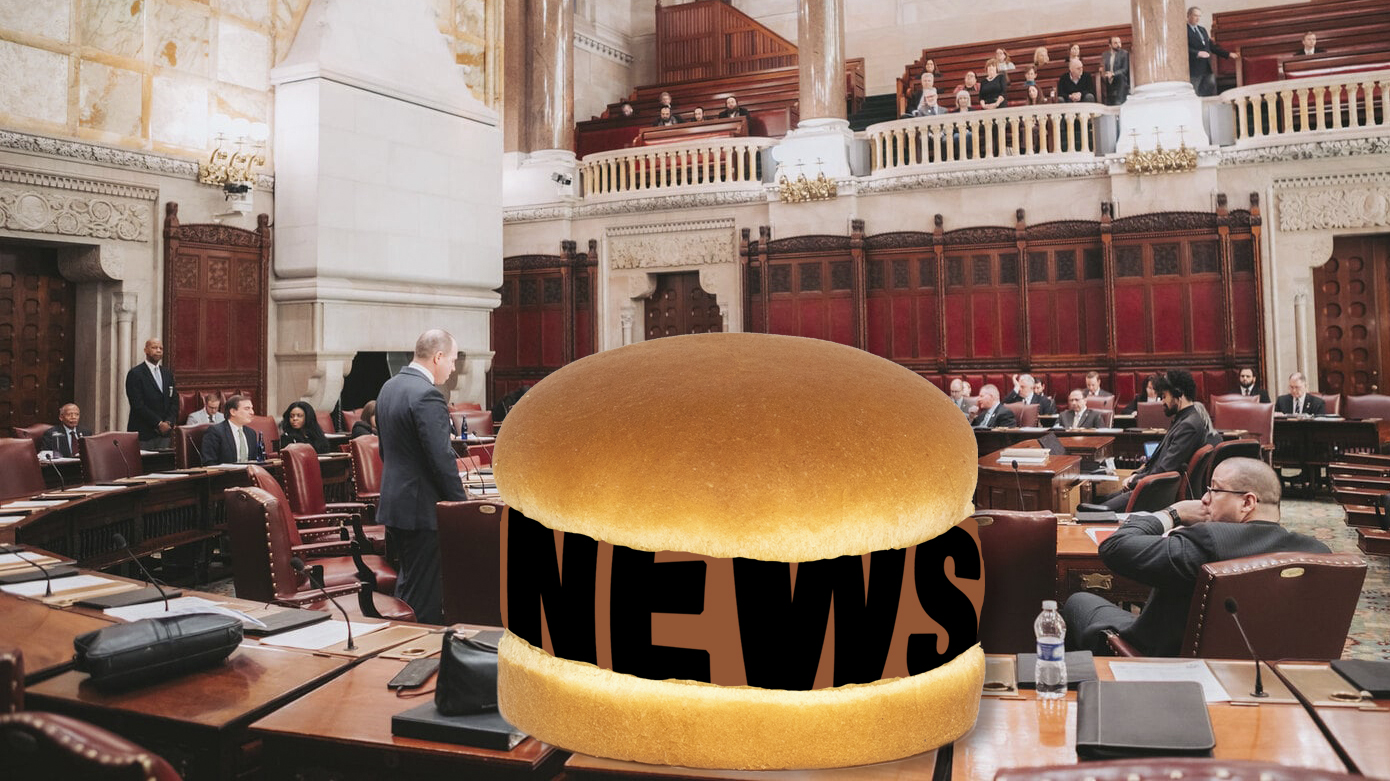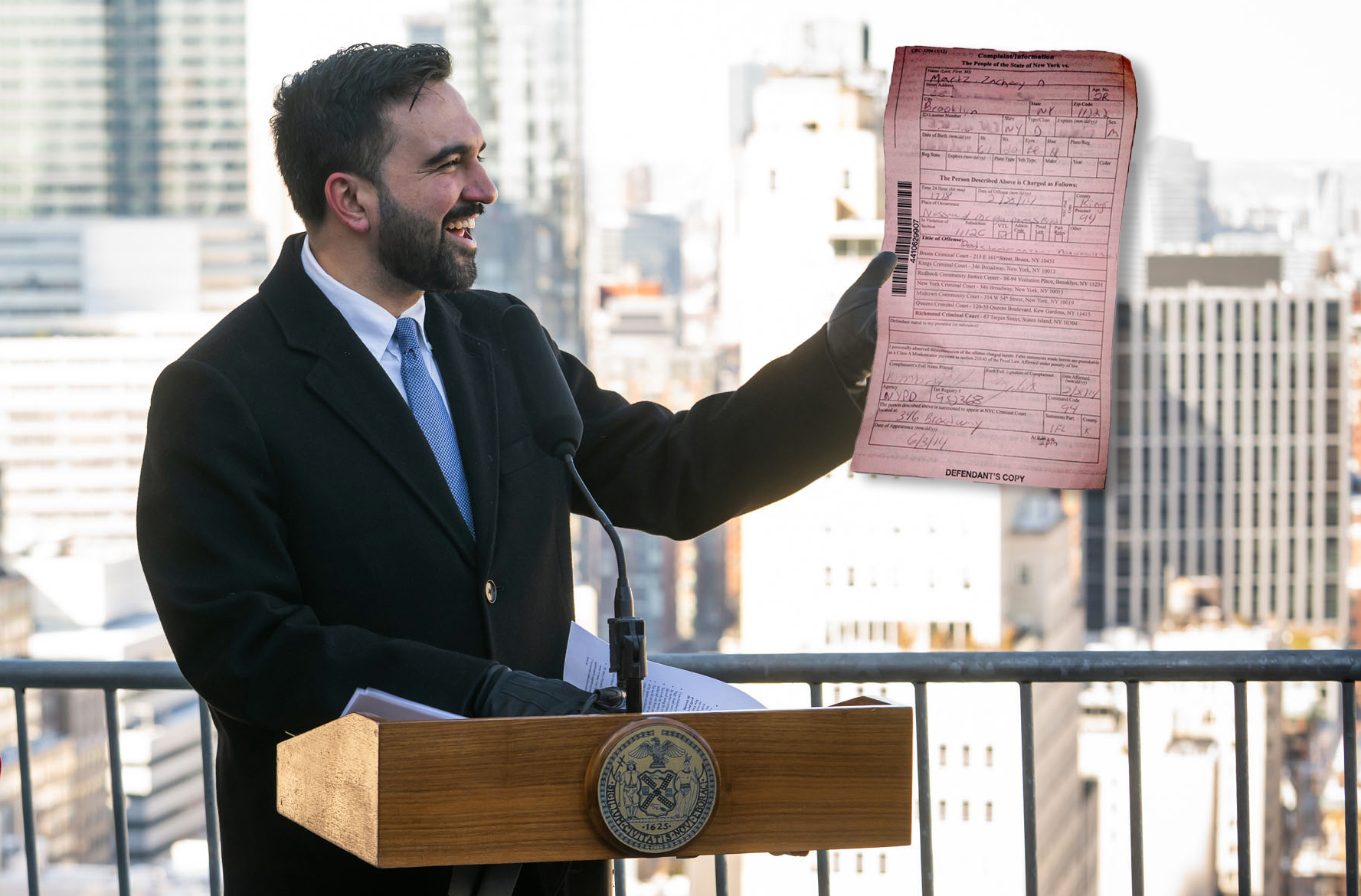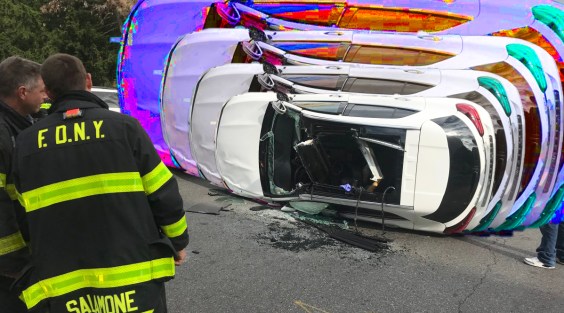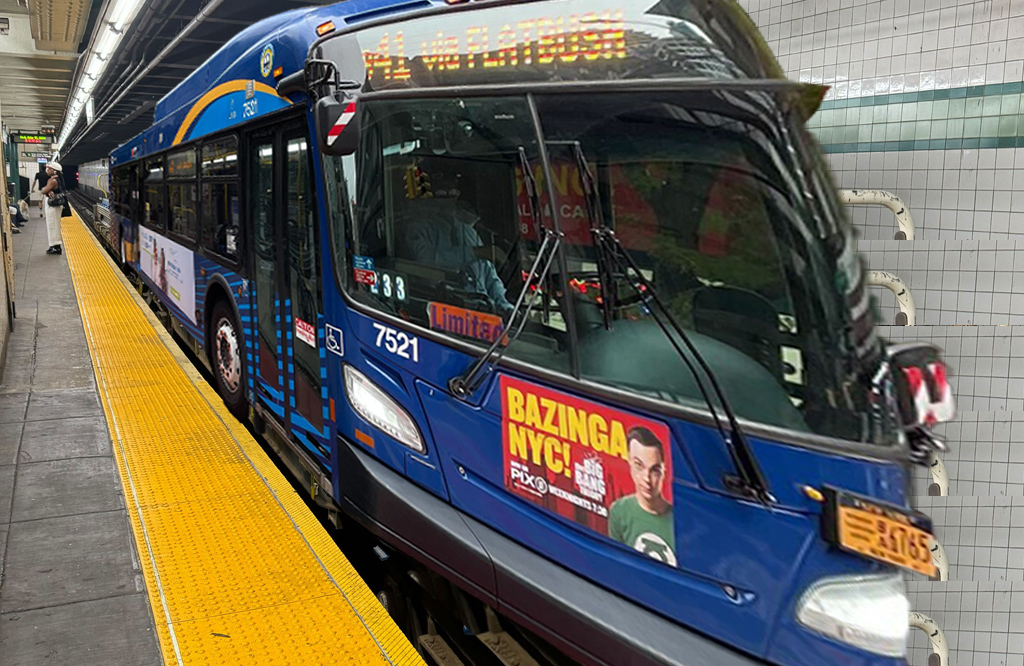As the city embarks on a pilot program of universal curbside compost pick-up in one borough, Queens, it should be careful to not close off the many local composting options — most undertaken by nonprofit groups — that have arisen in the breach of its earlier, failed efforts.
If the city wants composting to go mainstream — and thereby meet our seemingly unattainable 2030 zero-waste goals — it must make as many composting options as accessible as possible. Scalability is about choice: Plan for every situation.
In my neighborhood, Astoria, several such efforts have filled the gap left by the city's failed, voluntary composting pickup program (which was suspended during the pandemic and revived anemically last year).
A church parking lot a 10-minute walk away from my apartment hosts a 24/7 drop-off, courtesy of Rocky the Pug, an environmental conservation organization and local icon. (The group also operates bins in many municipal lots on Saturdays and outside of a local florist on Fridays. And for years, you could drop off a book and your food scraps at local Queens Public Library branches.
It's no surprise, then, that when the Sanitation Department gauged the interest last year for a resumption of curbside pickup, Astoria residents responded overwhelmingly. Ours was the community that protested when the city threatened to evict Big Reuse, a nonprofit that converts compost into nutrient-rich soil under the Queensboro Bridge, at the conclusion of its lease. Many Astorians deem composting an essential city service.
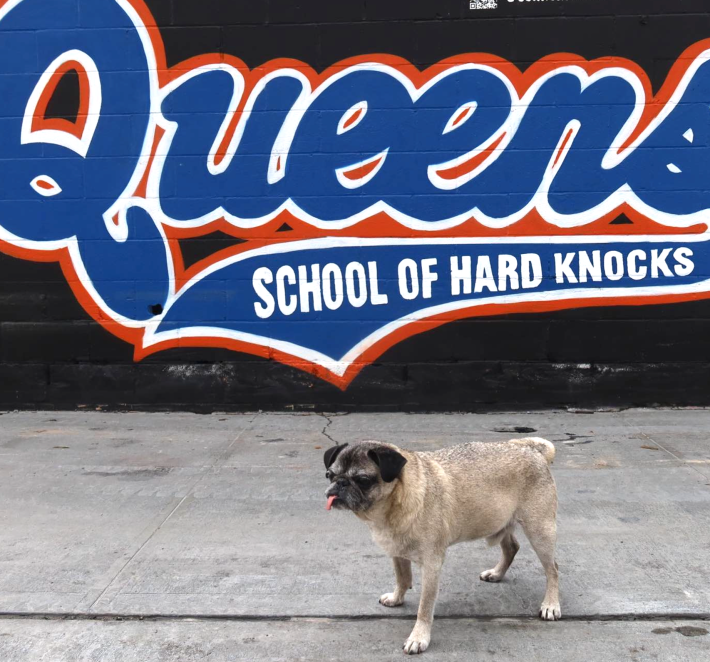
That's also why the city chose the neighborhood to be the testing ground for a pilot program ("SmartCompost NYC") in which users get keycards in order to activate compost-only receptacles.
So we applauded when, last week, DSNY announced that Queens, a borough of more than two million people, would be its testing ground for universal curbside collection, effectively creating the nation’s largest composting program. We hope that the new rules — fewer mandates, seamless sign-up, and more resident control — will mitigate the "drama" of the previous setup, which Mayor Adams deemed an expensive failure. And we are happy that the city writ large will see 250 more SmartCompost bins, which have been a smashing success.
But even if I’ve already marked the launch date on the calendar (Oct. 3!), I'd hate to see the other options go.
Like they do with plastics recycling, New Yorkers should have a plethora of options as to where they can send compost. They can toss empty plastic bottles in blue bins in most parks and public spaces. Offices, eateries, schools and stadiums and of course homes must use the bins. Thus, plastics recycling has become second nature for so many people because it’s everywhere, all the time, and easy to do. We’ve created a system with endless access points, to contend with the endless ways we navigate our city. And that should be the norm.
For me, a healthy city enables diversity rather than mandating uniformity. Problems arise when we make it difficult or dangerous for anyone or anything but the dominant form. And we see this happen over and over.
Streets that for decades were designed for one purpose — the ease of car traffic — helped cities become firmly auto-dependent and ableist, foreclosing travel for different modes and people of different abilities. Single-family zoning helped stoke the affordability crisis and modern-day segregation in cities. Regions such as the Bay Area (tech), the Upper Midwest (automobiles), and the Rust Belt (coal and manufacturing) hurt themselves by basing their economies on a small set of industries, rather than on a more diverse and resilient mix of businesses.
Thankfully, we’re starting to see attitudes and policies shift. Great cities and neighborhoods, built with an unpredictable future in mind, can do many things in many ways. Our changing composting landscape — now with more options than ever, at least in Queens — shows that we can offer a necessary city service through a continuum of pathways.
It’s hard to not be cautious after the city cut its composting pickup at the moment when millions of New Yorkers were at home cooking, outsourcing the operation to a web of nonprofits and volunteers willing to get their hands dirty. Still, I welcome the news, and hope to hear more of it.
In fact, I’ve already ordered my brown bin.
John Surico (@johnsurico) lives in Astoria and teaches journalism at New York University. He is the scholar-in-residence at Central Park Conservancy's Institute for Urban Parks, and a lead organizer of the 31st Ave Open Street.
